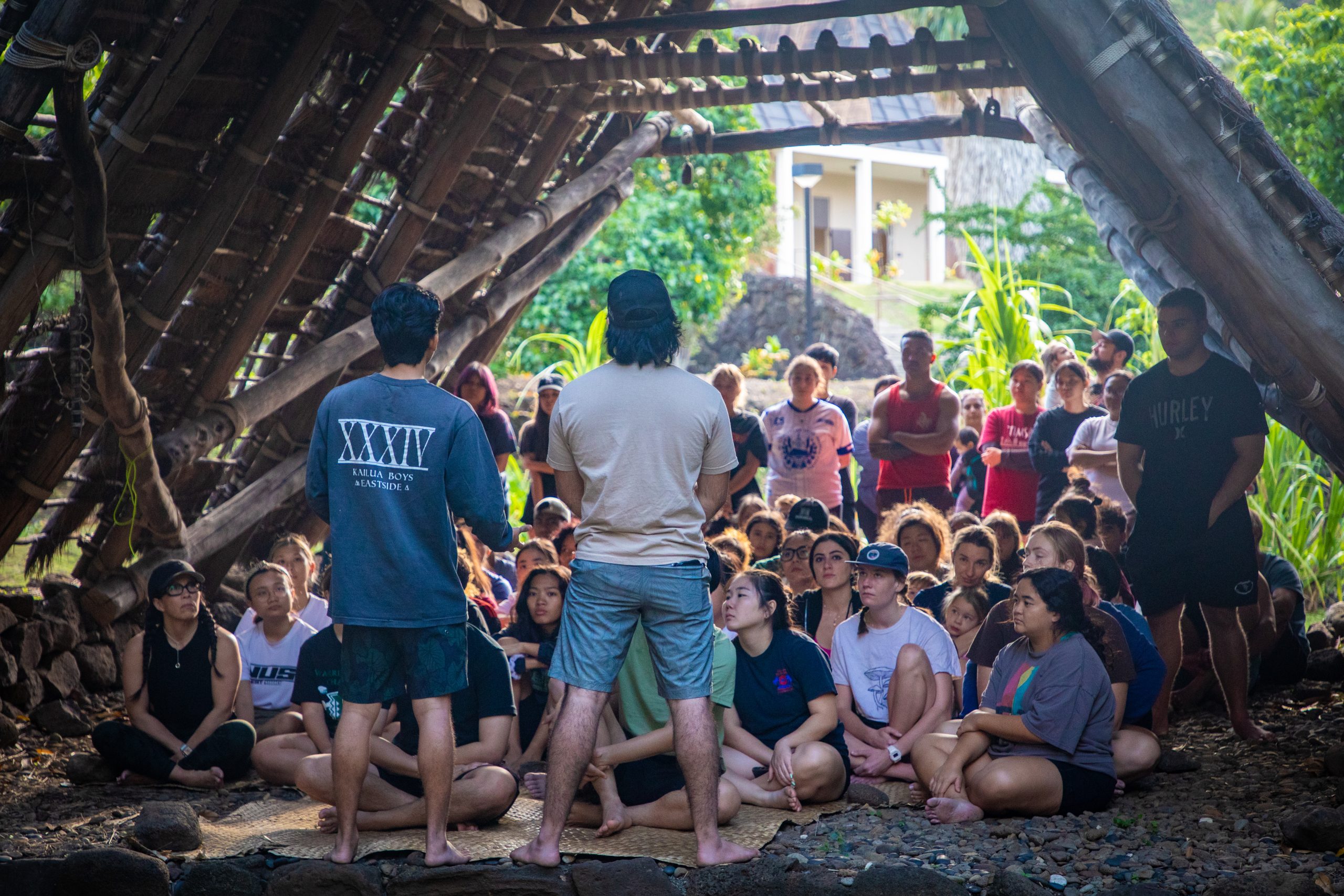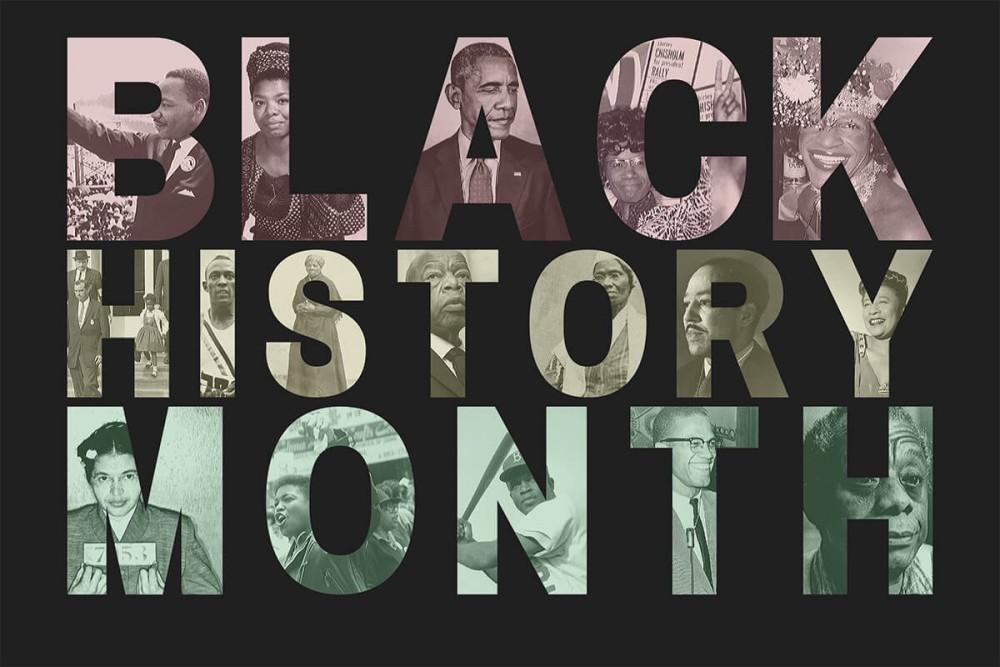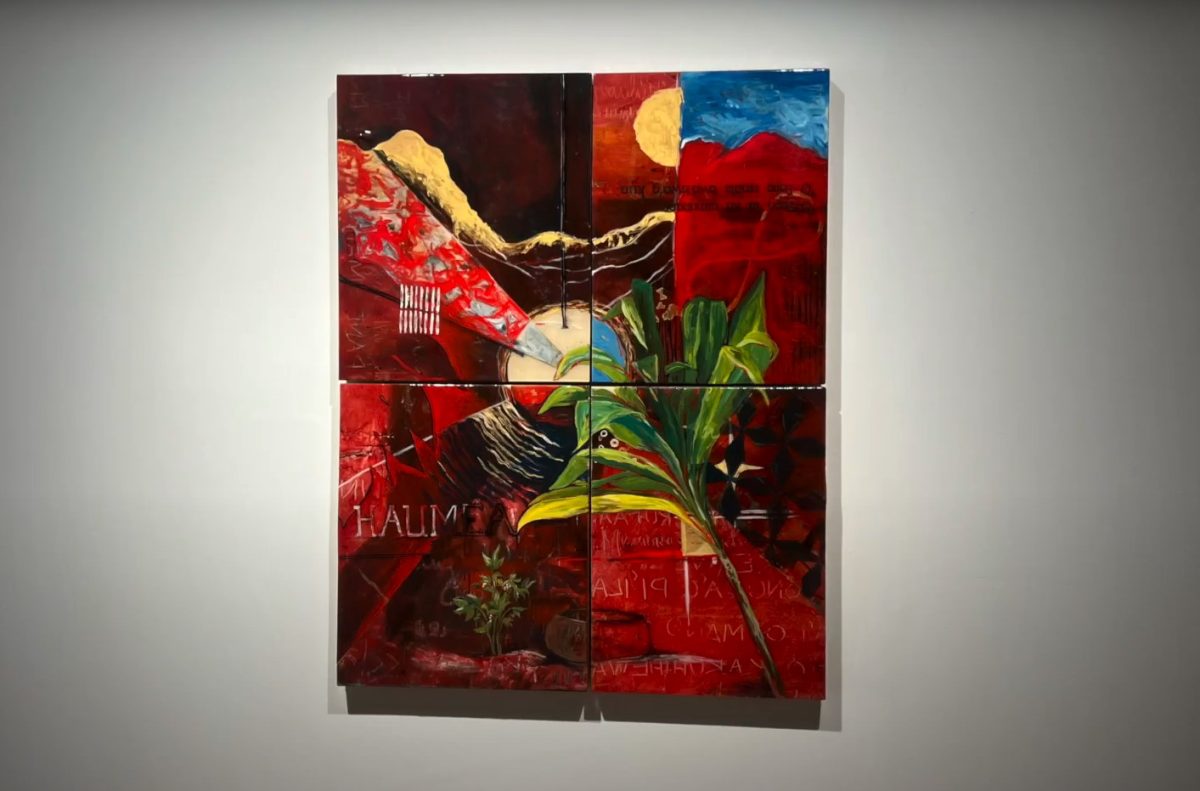Receiving higher education at the University of Hawaiʻi at Mānoa may not be within reach for too many Native Hawaiian students, and with some dropping out due to the cost of attendance. For Native Hawaiian students without financial aid, that price can look like $25,871- $35,868 per semester and even when graduating within four years, the total cost is $103,124 – $143,472.
The University of Hawaiʻi’s IPEDS Persistence Report shows that Native Hawaiians (identified by race) cohorts since 2005 never had more than a 63.8% retention rate by their fourth year at the University of Hawaiʻi Mānoa. The most recent four-year cohort, 2019, has a 54.7% retention rate, with the data showing that retention rates in Native Hawaiians are declining.
“I withdrew the Fall 2022 semester as I truly couldn’t afford it,” said Naiʻaliʻi Valera, a former Native Hawaiian student at the University of Hawaiʻi. Valera was pursuing his major in Hawaiian Studies, with a minor in Hawaiian Language. “And I knew I could not keep working three to four jobs to support the tuition need on top of providing for myself and one other in my home. … Due to the financial needs I had, and work schedules, I really worked myself to the ground. I ended up having multiple seizures at work in April of 2022, after working a 10-hour shift after my 7-hour overnight job. I’m still paying off the ambulance bill from that one, too.”
A method to combat the often unrealistic cost of attendance for Native Hawaiians at the University of Hawaiʻi at Mānoa is to create a tuition waiver that waives the tuition entirety for Native Hawaiian students.
The University of Hawaiʻi Mānoa does have a tuition waiver for Native Hawaiians, which is need-based and does not guarantee support for all Native Hawaiians.
Operation Kuaʻana, now known as Kuaʻana Native Hawaiian Student Development Services, started serving Native Hawaiians in 1988, and it provides students with a fixed amount of dollars to cover a portion of tuition.
The Kuaʻana Tuition Waiver program, for example, currently holds $1 million as a way to allocate to funds to 250 Native Hawaiians, to waive $2,000 each semester, with around 600 applicants yearly.
Kyle Help, Director of Kuaʻana Native Hawaiian Student Development Services, said he wants to support all Native Hawaiian students at the University of Hawaiʻi Mānoa. Currently, Help is working with Willy Kauai, Director of Native Hawaiian Student Services and Jon Osorio, Dean of Hawaiʻinuiākea, to raise the million dollars to an amount that allows Kuaʻana Tuition Waiver to waive the cost of tuition for all Native Hawaiian students at the University of Hawaiʻi Mānoa.
Raising the money for the Kuaʻana Tuition Waiver involves working up the ladder: Director of Native Hawaiian Student Services, Dean of Hawaiʻinuiākea, Board of Regents and legislation. This was once done in 2011, raising the dollar amount from $750,000 to the current amount.
A tuition-waved experience for Native Hawaiian students is an opportunity to increase retention rates at the University of Hawaiʻi at Mānoa.
Kahilo Keller, Graduate Assistant at Native Hawaiian Student Services, and Help are currently working together to create a presentation to bring to the board of regents, to fast-track a tuition-waived experience for all Native Hawaiians at the University of Hawaiʻi at Mānoa.
“If my tuition was waived in full, I’d have more time to focus on school and less on my two jobs,” said Joy Leikamahaʻo Nuʻuhiwa, a Native Hawaiian studying Anthropology. “I work to support myself financially. … I would feel like they were actually investing in Native Hawaiians and not just using half-assed ʻNHPOLʻ initiatives that do not support their Native Hawaiian students in a tangible way.”
Valera said, “I really feel I could have excelled as a student if I had more financial support. I struggled for so long trying to make ends meet, I remember some days barely having the money to afford gas to class, or to leave the car on to charge my laptop I needed for class. … I felt so out of place at a school that prided itself on being for Kānaka, supporting Kānaka, as I know many students similarly feel with many of the Hawaiian institutions of education in Hawai’i.”






